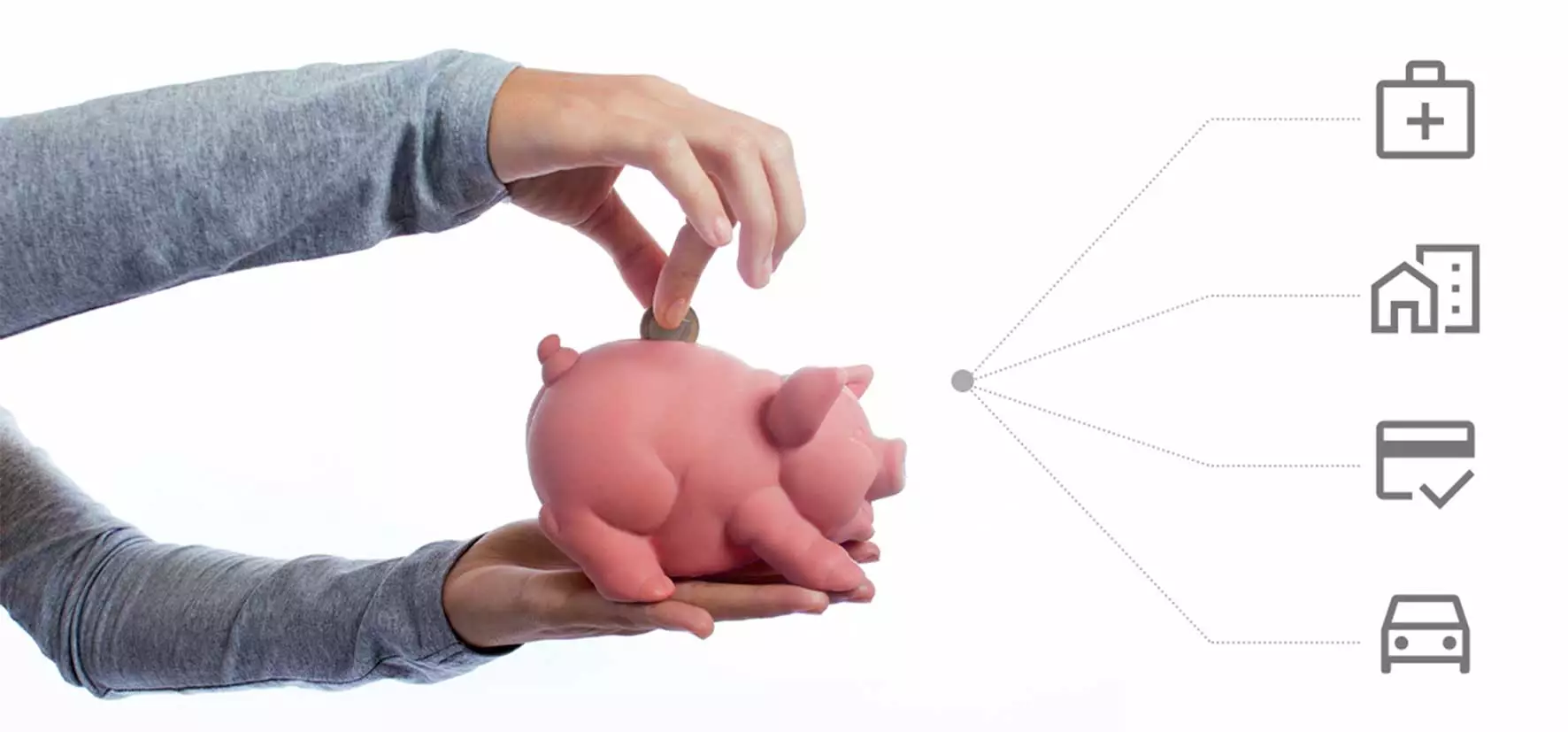- Blog

An emergency fund is your own pool of money that you can tap into when you are caught in a financial difficulty. It protects your financial commitments and ensures that your daily needs do not suffer because of a challenging situation.
Why is investing in a fund important? Life is uncertain and unpredictable. so it is better to be prepared for any challenges. An emergency fund can help if you are stuck in financial difficulty, ensuring your daily and monthly expenses do not suffer.
What are the benefits of an emergency fund? The benefits of having an emergency fund include:
- Financial security – an emergency fund provides a source to cover unexpected expenses, reducing the need to rely on high-interest debt.
- Avoidance of bad debts – having an emergency fund helps you avoid a debt trap that can happen if you use high-interest credit cards to cover your unexpected expenses, this also helps protect your credit score.
- Flexibility – an emergency fund gives you the freedom and confidence to make life decisions without being burdened by financial constraints during unexpected events.
- Encourages financial responsibility – building an emergency fund is a motivation in itself and encourages the habit of regular savings over a long term.
Where can an emergency fund be useful? Here are some examples of situations and expenses wherein an emergency fund can come to your rescue:
- Layoff or salary cuts – an emergency fund can help cover your daily household expenses while you look for a new job.
- Medical emergenc – Unexpected medical bills, such as consultation fees, hospital stays or treatments can all be covered by an emergency fund.
- Home or car repairs – an emergency fund can provide the capital needed in case of sudden breakdown of your vehicle or immediate repairs needed for your home.
- Other unexpected expenses – In the unexpected event of a broken appliance, education requirements, funeral, travel, natural disasters etc you can use up your emergency fund.
How to set up an emergency fund? Experts suggest starting early in your life to set up an emergency fund with small contributions regularly, and increasing the contributions over time. A mutual fund SIP is a very useful tool in this endeavour. Other best practices include:
- Set your goal – carefully plan your emergency fund size by calculating and adding your monthly expenses, including rent or mortgage, utilities, food, transportation, and insurance.
- Open a separate savings account : This will make it easier to track progress and avoid dipping into the fund for non-emergency expenses.
- Automate Contributions : This can help make saving for your emergency fund a habit and ensure you consistently contribute.
- Regularly track your progress – you should keep a constant track of your emergency fund balance, and identify if you need to adjust your monthly contributions or change your investment product if it is not performing as per expectations.
The above tips will sure help you build an emergency fund, however, you also know that this requires a lot of time and patience. If you are in need of quick funds, do check out the personal loan section of leading lender like HDB Financial Services for hassle-free and quick disbursal.


























































